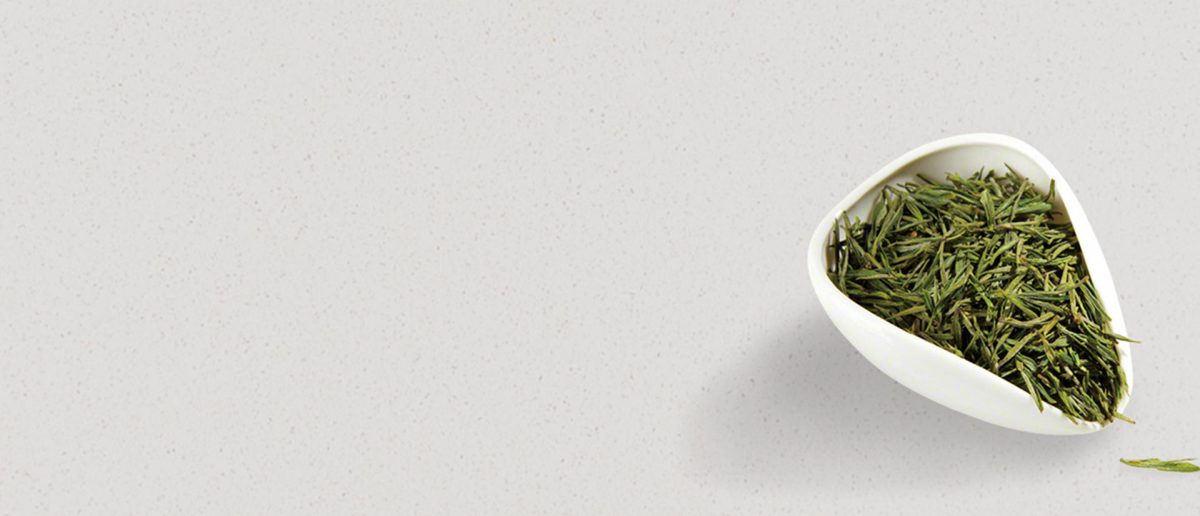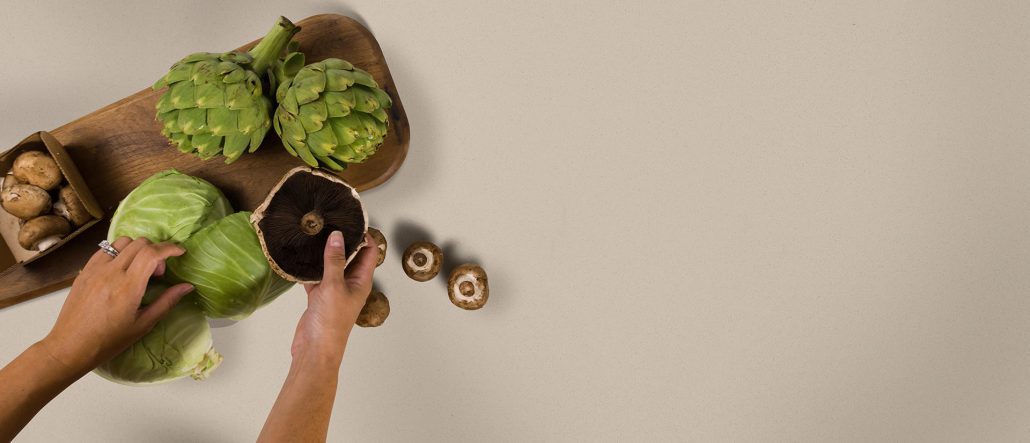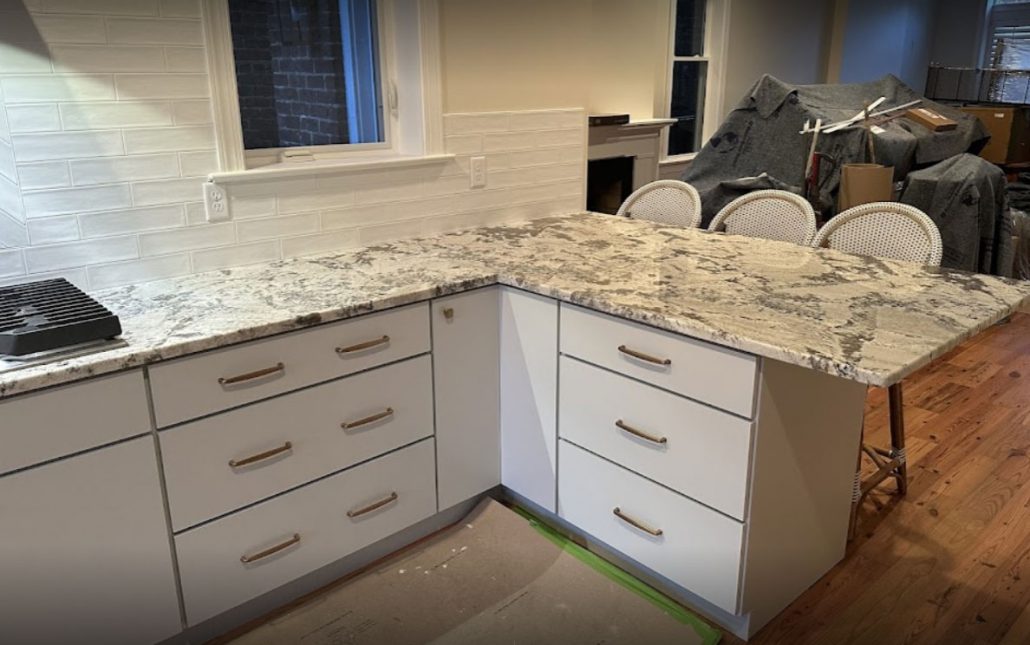Proper maintenance is key to keeping your stone countertops looking beautiful and lasting for years.
Here’s a breakdown of cleaning, sealing, and handling common issues for various types of stone countertops.
General Cleaning and Sealing Recommendations
- Daily Cleaning: For all stone types, clean countertops daily with a soft cloth, warm water, and a pH-neutral cleaner or mild dish soap. Avoid abrasive cleaners or acidic substances, as they can damage the surface.
- Sealing: Some stones, like granite and marble, are porous and require periodic sealing to prevent staining. Sealing intervals vary by stone type and use:
- Granite: Every 1-2 years, depending on usage.
- Marble: Every 6-12 months, especially in high-use areas.
- Quartz: No sealing required, as it is a non-porous, engineered stone.
- Soapstone: Doesn’t require sealing, though mineral oil can be applied to darken the color and maintain a uniform look.
- Quartzite: Resealing is generally recommended once a year, though some types may require less frequent maintenance.
Handling Spills, Scratches, and Stains
- Spills: Wipe up spills as soon as they happen, especially with acidic substances like vinegar, lemon juice, or wine, as these can etch or stain stones like marble and limestone. For tougher substances like oil, blot rather than wipe to prevent spreading.
- Scratches: Avoid cutting directly on the countertop, even on harder stones like granite and quartzite. Use a cutting board to prevent scratches, especially on softer stones like soapstone and marble. If a scratch does occur, it can sometimes be buffed out on softer stones.
- Stains: For stained areas, use a stone-safe poultice (a paste that draws out stains) on the affected area. For oil-based stains, using a baking soda and water poultice can be effective. Avoid bleach or harsh chemicals, as they may discolor or damage the stone.
Best Practices for Keeping Countertops Looking New
- Use Coasters and Trivets: Protect your countertop from heat damage by using trivets or heat pads under hot pots and pans, especially on quartz and marble, which can be more sensitive to high temperatures.
- Avoid Harsh Chemicals: Steer clear of acidic or abrasive cleaners, bleach, ammonia, or vinegar, which can degrade sealants and damage the stone.
- Polishing and Buffing: For polished stones like granite, marble, and quartz, occasional polishing can help restore shine. Use a stone-safe polish and avoid waxes or generic polishes that can leave residues.
- Regular Sealing Checks: To test if your countertop needs resealing, place a few drops of water on the surface. If the water seeps in rather than beading, it’s time to reseal.
By following these maintenance tips, you can enjoy the beauty of your stone countertops for years to come. Colonial Granite offers professional advice and products tailored to each stone type to help you keep your countertops looking new. Whether you need guidance on sealants or stain removal, our team in Richmond is here to support you.




